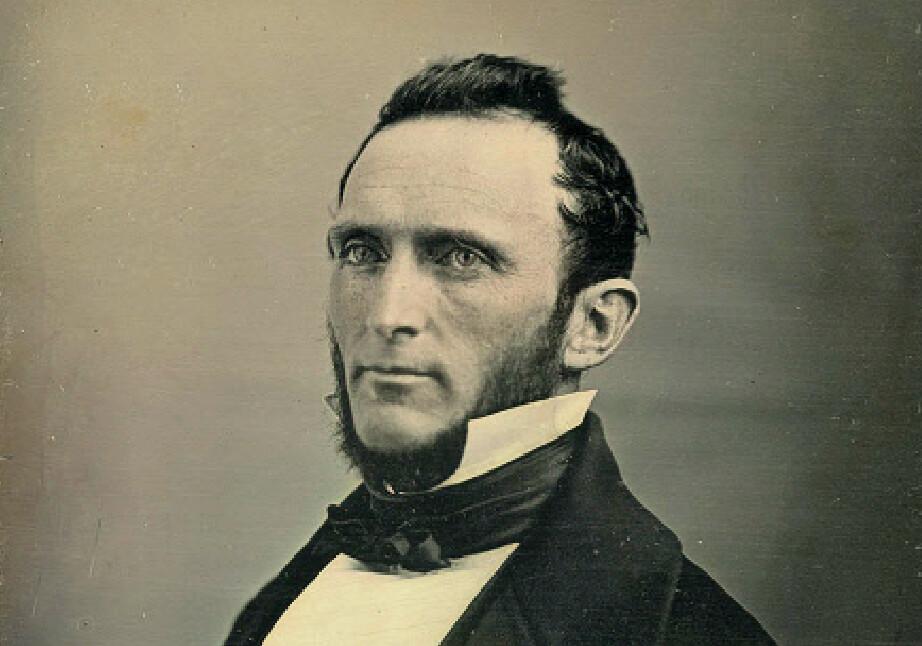May is a beautiful month, but in Civil War history, it is also a sad one. The South lost both Thomas “Stonewall” Jackson and General J.E.B. Stuart in May, one year apart (1863 and 1864).
If you venture off I-95 near Fredericksburg, you can visit the site that was, until recently, called the Stonewall Jackson “Shrine.” Due to the changing times, the name has now officially been changed to The Stonewall Jackson Death Site.

